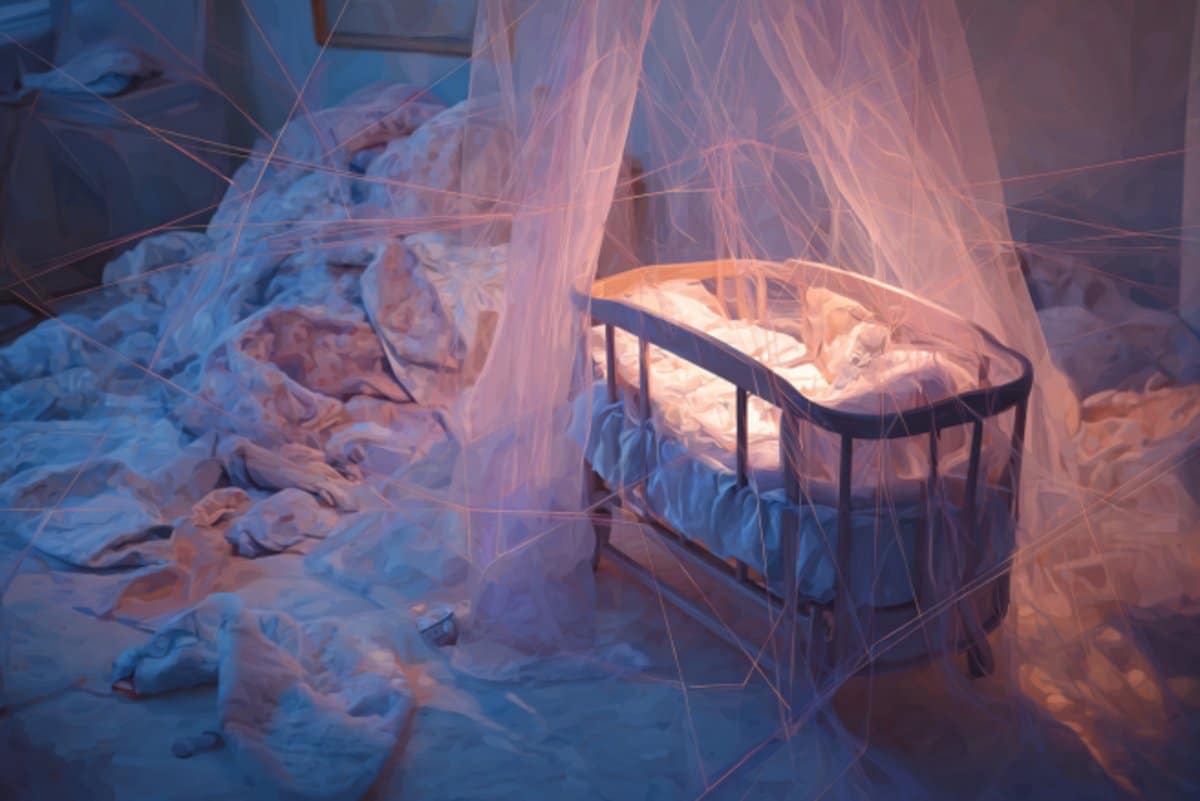Summary: New research shows that even mild early-life adversity can disrupt development, attachment, and stress regulation in young mice. When mother mice had limited nesting material, their maternal care decreased, leading to higher stress hormones, slower growth, and anxiety-like behaviors in their pups.
The study found that these behavioral effects varied over time—some attachment responses weakened while others remained stable. Researchers say the findings help clarify how inconsistent or inadequate caregiving shapes long-term emotional and physiological health.
Key Facts
- Impaired Care Impact: Limited nesting reduced maternal care and raised stress hormones in mouse pups.
- Attachment Disruption: Pups showed reduced vocalization, approach, and bonding behaviors as early as two weeks old.
- Threshold Effect: The research supports that caregiving need not be perfect—just sufficient to avoid developmental harm.
Source: SfN
Children can sometimes develop health, behavioral, and attachment issues that persist when their needs are not met by their caregiver.
New from eNeuro, Arie Kaffman and colleagues at Yale University School of Medicine explored whether mouse pups also experience these issues from early life adversity.
Their discoveries provide an opportunity for researchers to explore the mechanisms of health and behavioral deficits from early life adversity.
When the researchers limited bedding for making nests, this impaired maternal care and increased stress hormone signaling in pups after just 1 week. Offspring also experienced long-term stunted growth trajectories.
Behaviorally, while some attachment behaviors remained unchanged, many were affected: Pups vocalized less when they were separated from their mothers after 1 week, did not approach their mothers after about 2 weeks, and had anxiety-like behavior by week 3.
Says Kaffman, “Giving credit where credit is due, work in rats relates an increased stress response from impaired maternal care to attachment deficits. But this work was only done in one age group. We used thorough, 24/7 videotape footage of moms and their pups to show how impaired maternal care leads to attachment deficits at different timepoints.”
Kaffman emphasizes that this isn’t a linear relationship.
“It seems that there is a threshold for how bad maternal care must be to disrupt the offspring’s behavior. This supports an existing hypothesis that you don’t have to be a perfect parent, you just need to provide adequate care.”
Key Questions Answered:
A: When mother mice lacked materials to build proper nests, their caregiving declined, and their pups showed higher stress and attachment problems.
A: Pups experienced stunted growth, elevated stress hormones, and anxiety-like behavior that persisted into later stages.
A: The study suggests that while perfect caregiving isn’t required, consistent and adequate care is crucial for healthy emotional and behavioral outcomes.
About this childhood neglect and neurodevelopment research news
Author: SfN Media
Source: SfN
Contact: SfN Media – SfN
Image: The image is credited to Neuroscience News
Original Research: Closed access.
“Erratic Maternal Care Induces Avoidant-Like Attachment Deficits in a Mouse Model of Early Life Adversity” by Arie Kaffman et al. eNeuro
Abstract
Erratic Maternal Care Induces Avoidant-Like Attachment Deficits in a Mouse Model of Early Life Adversity
Attachment theory offers an important clinical framework for understanding and treating negative effects of early life adversity. Attachment styles emerge during critical periods of development in response to caregivers’ ability to consistently meet their offspring’s needs.
Attachment styles are classified as secure or insecure (anxious, avoidant, or disorganized), with rates of insecure attachment rising in high-risk populations and correlating with a plethora of negative health outcomes throughout life. Despite its importance, little is known about the neural basis of attachment.
Work in rats has demonstrated that limited bedding and nesting (LB) impairs maternal care and produces abnormal maternal attachment linked to increased pup corticosterone. However, the effects of LB on attachment-like behavior have not been investigated in mice where additional genetic and molecular tools are available.
Furthermore, no group has utilized home-cage monitoring to link abnormal maternal care with deficits in attachment-like behavior. Using home-cage monitoring, we confirmed a robust increase in maternal fragmentation among LB dams.
Abnormal maternal care was correlated with elevated corticosterone levels on post-natal day seven (P7) and a stunted growth trajectory that persisted later in life. LB did not alter maternal buffering at P8 or maternal preference at P18, indicating that certain attachment-like behaviors remain unaffected despite exposure to high levels of erratic maternal care.
However, LB male and female pups vocalized less in response to maternal separation at P8, did not readily approach their dam at P13, and exhibited higher anxiety-like behavior at P18, suggesting that LB induces avoidant-like attachment deficits in mice.







